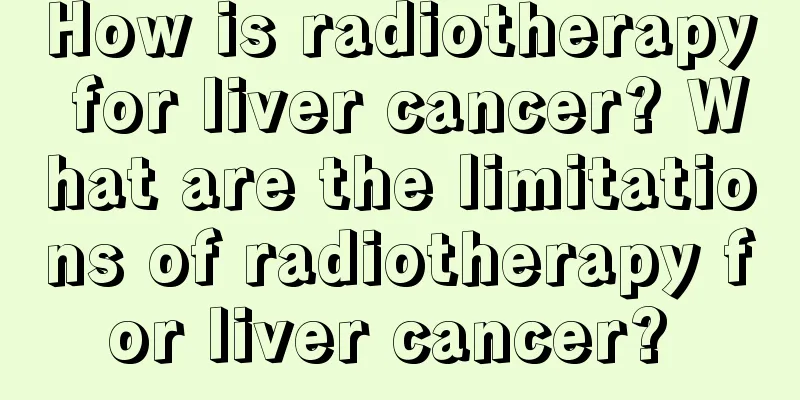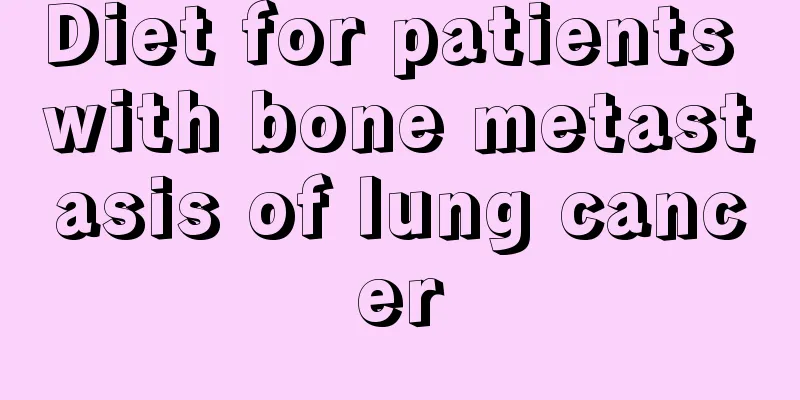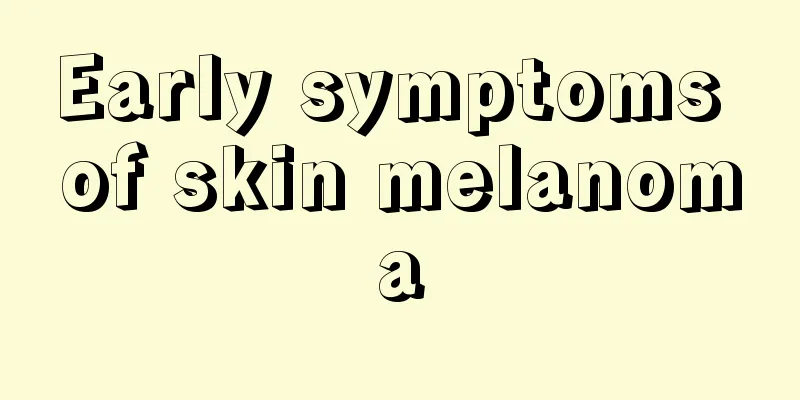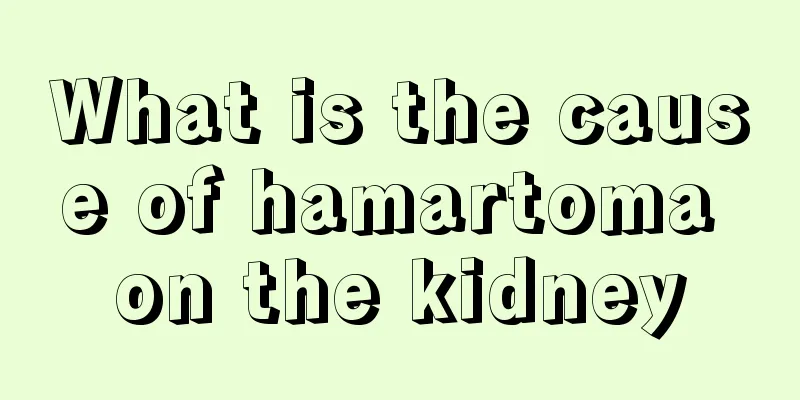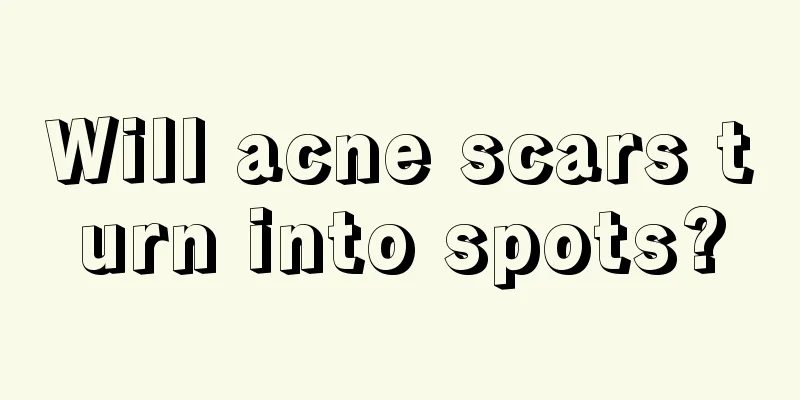4 misunderstandings in the treatment of esophageal cancer
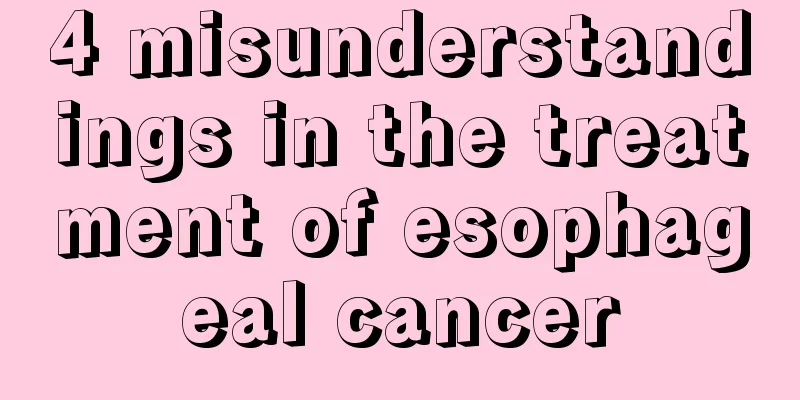
|
my country is a high-incidence area of esophageal cancer. After regular treatment, the condition of patients with esophageal cancer who were diagnosed early has been well controlled, and some have even recovered their health. However, some patients had certain misunderstandings during the treatment and diagnosis process, which delayed treatment. Myth 1: The more expensive the test, the more timely the diagnosis Patients choose to undergo CT, MRI or even more expensive tests, believing that this is the only way to diagnose esophageal cancer early. In fact, the accuracy rate of esophageal exfoliated cytology in diagnosing esophageal cancer is over 90%, which is economical, simple, less painful and not dangerous. The accuracy rate of esophageal endoscopy is over 95%, which is far beyond the comparison of CT and MRI results. Esophageal barium swallow X-ray examination is also the most commonly used method for esophageal cancer screening. Myth 2: Creating fear Patients believe that some tests will cause discomfort, which leads to fear and unwillingness to accept these practical test methods. They are also misled by some propaganda and think that taking a drop of blood or a few strands of hair can tell whether they have cancer. Myth 3: Not accepting comprehensive treatment Although the prognosis of esophageal cancer is good when combined with traditional Chinese medicine, especially when combined with traditional Chinese medicine in the early stages of cancer treatment, it is important to seek normal medical treatment, rather than blindly seeking folk remedies and completely abandoning Western medicine. Myth 4: No more treatment after surgery After surgical resection of the cancerous area, symptoms such as dysphagia are temporarily relieved, which may lead to the mistaken belief that the patient has recovered and the postoperative radiotherapy, chemotherapy and adjuvant treatment being ignored, leading to the recurrence of esophageal cancer. |
<<: How to differentiate chronic pharyngitis and esophageal cancer
>>: Indications for prostate cancer surgery and chemotherapy
Recommend
What are the benefits of platinum to the body
Nowadays, young people are reluctant to choose go...
How to treat tooth abscess?
Alveolar abscess is a common disease in dentistry...
How to deal with moldy leather shoes
In daily life, if shoes are not cleaned properly ...
How long does it take to stew bird's nest for the best effect?
The health benefits of bird's nest are excell...
How to deal with moldy walls
The weather is humid and there is no sun, so not ...
How to wash a quilt
If we find that our quilt is dirty, how do we was...
How should we look at health through palm lines?
The human body is amazing, and many diseases can ...
Is bottle gourd a vegetable or a fruit
Gourd is a kind of melon. Because its shape looks...
Can patients with nasopharyngeal cancer eat peas?
Patients with nasopharyngeal cancer can eat peas....
How much does it cost to cure nasopharyngeal cancer
There are many treatments for nasopharyngeal canc...
10 signs of health from the tongue that indicate a serious illness is coming
Sometimes when we go to see a doctor, the doctor ...
Does appendicitis in children require surgery?
In contemporary society, appendicitis affects a w...
Why do toenails become thick and yellow?
Toenails are parts of our body that we often igno...
What should I do if I have hemorrhoids and it hurts and bleeds when I poop?
Hemorrhoids are a very distressing disease. They ...
How to Stop Common Bladder Cancer Symptoms in the Early Stages
The typical symptom of bladder cancer is hematuri...



